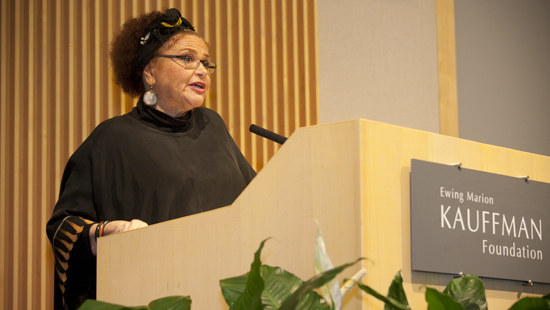"Words invite or exclude, recognize or erase, empower or intimidate, examine or assume" (August 95)
"The power of the teacher over the students; the power of the publishers of textbooks and of the developers of the curriculum to determine
the view of the world presented; the power of the state in enforcing compulsory schooling; and the power of an individual or group to determine another's intelligence or 'normalcy'" (Delpit 24).
This quote is what Delpit is explaining for her first code of power: "Issues of power are enacted in classrooms." There is a hierarchy of who has power within the classroom and the teacher is usually the one in power. The curriculum that the students are told they must master before they move onto the next grade also holds a certain power over them. In my classroom I saw the teacher as the person in power and I also saw a student "gain" power by putting another student down by "determining her intelligence." August says that words can hurt a person, they have consequences and cannot be taken back.
Practice Example:
 Every day while I am there I work with a small group and they are the students from the lowest reading group. While they were working on the worksheet, I was helping one student out and I heard a boy tell a girl that the reason she isn't doing well in class is because she doesn't pay attention to the teacher so she gets everything wrong. The little girl started tearing up and came over to me to tell me that all her friends didn't like her. The next second everyone in the group told her that they were her friends and that they liked her. I went over to the boy and I told him that if he doesn't have anything nice to say to people then don't say anything. I also told him that words can hurt people and make them feel unwanted.
Every day while I am there I work with a small group and they are the students from the lowest reading group. While they were working on the worksheet, I was helping one student out and I heard a boy tell a girl that the reason she isn't doing well in class is because she doesn't pay attention to the teacher so she gets everything wrong. The little girl started tearing up and came over to me to tell me that all her friends didn't like her. The next second everyone in the group told her that they were her friends and that they liked her. I went over to the boy and I told him that if he doesn't have anything nice to say to people then don't say anything. I also told him that words can hurt people and make them feel unwanted.So What?
This boy determined her value in society and her intelligence and by doing so she felt powerless and helpless while he felt like he was smarter which increased his power over her. By determining her intelligence he made her feel ostracized and he did not create a safe space for her. In a classroom where every one is still learning, it is not right for other people to feel like they have more power because they are smarter but unfortunately it seems to be this way. The smarter students feel more comfortable in their classes than the students who aren't as smart and they need to feel comfortable just as much. This is like MacIntosh's idea of privilege. Although this is different from white privilege it is very similar. Those who know and understand the material are more likely to succeed and feel comfortable than those who don't understand or take longer to understand the material.

No comments:
Post a Comment